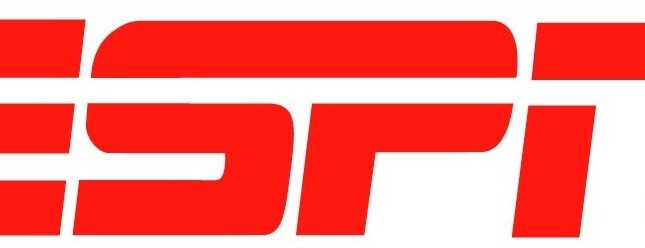When the notion of an “ideal” college football schedule emerges, it’s easy to think about better matchups and fewer cupcakes. True enough. However, for purposes of this season-long series, we’re focusing on time-slotting for games so that fans get to see more fourth quarters of more games, thereby gaining access to more of the day’s most important moments.
Here’s the week-two edition of the ideal college football schedule, measured against the actual start times and game windows on the docket.
*
Every scheduling issue for week two is confined to Saturday.
The first issue comes right out of the gate, as the South Florida-Florida State game — moved up to 11:30 a.m. Eastern due to ESPN’s broadcast of the U.S. Open women’s singles final — could stand to be moved up even more, to 11 a.m. What if a long delay occurs, or the game has a lot of incomplete passes, timeouts, and penalties? Commercial breaks will be reduced in number, yes, so a 3.5-hour window probably won’t lead to a problem, but an extra cushion couldn’t hurt. Can you imagine Serena Williams’s date with history being pre-empted for anyone in the United States? Yikes.
Next on the slate, Houston-Louisville stands out as an intriguing game in the noon window. If that game could have been moved back to 1 p.m. Eastern, a lot more people would be able to focus on that contest. It’s no longer a conference game with Louisville’s move to the ACC, but a Tom Herman-Bobby Petrino chess match? That game is buried at noon with other more mediocre offerings, relegated to a streaming-only viewing option. That’s poor.
You can watch Army-Connecticut on a TV, but not Houston-Louisville. Sigh.
*
At 3 Eastern on Saturday, FOX Sports Net shows UTEP at Texas Tech. Yet, Fox Sports 1 shows UTSA at Kansas State in the noon window. Wouldn’t it make sense for FS1 to move UTSA-KSU to 11:30 Eastern so that there’s no overlap (or at least, a lot less) with the start of UTEP-Texas Tech?
However, Fox Sports Net definitely scores with this next move, one worth celebrating: The Iowa-Iowa State game — a rivalry contest and a comparatively high-profile game in an afternoon window bereft of many headliners — is a 4:45 Eastern time kickoff, neatly inserted between the 3:30 Eastern kickoffs and the 6 Eastern start of Oklahoma-Tennessee. That’s the kind of progressive scheduling we need to see more of in college football. When Sooners-Vols goes to halftime around 7:30 Eastern, fans can go to Hawkeyes-Cyclones in the fourth quarter. See how this can work when done right?
One of the best things ESPN does with its scheduling every year is the 6 Eastern/9:15 Eastern double-stack. Yes, the game window should be 3.5 hours and not 3.25 (3 hours and 15 minutes), but the less traditional start times create a clean stagger relative to other games. Oregon-Michigan State will very probably start at 8:07 Eastern (though possibly not until 8:22), and LSU-Mississippi State will begin at around 9:20. Then, Boise State-BYU comes on the air at 10:15, with a kickoff around 10:20.
This schedule is a little flawed on the front end, but from 4:45 Eastern and onward, there are a lot of staggered start times, which make this a model for how the sport ought to schedule on a weekly basis. We’re not likely to get Saturdays this good in terms of time-slotting in the future, so appreciate them while you can.

